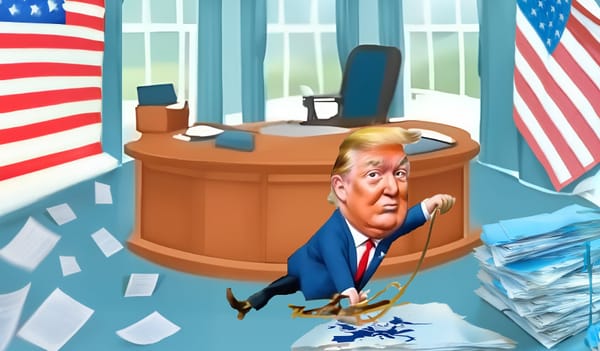
Long-Read
— The debate over Brexit resurfaces amid economic challenges and Trump’s return. Key concerns include UK-EU relations, trade uncertainties, and Labour’s struggle to reconcile Brexit’s political and economic implications.
Professor of Organization Studies at Royal Holloway, University of London, and previously a professor at Cambridge University and Warwick University.


Long-Read
— The debate over Brexit resurfaces amid economic challenges and Trump’s return. Key concerns include UK-EU relations, trade uncertainties, and Labour’s struggle to reconcile Brexit’s political and economic implications.
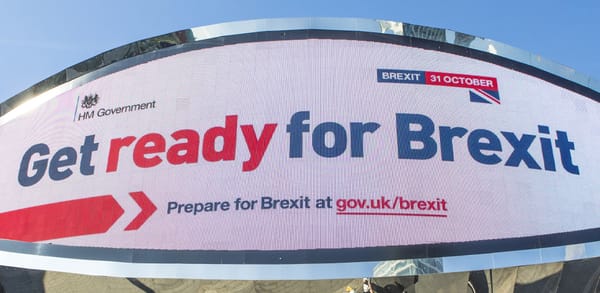
Long-Read
— Chris Grey critiques Trump’s victory and Brexit’s deepening incoherence, highlighting Labour’s state-driven budget as a shift from neo-liberalism. Yet, Brexit’s financial toll limits Britain’s capacity to navigate these challenges.

Long-Read
— Labour’s Brexit policy centres on minor adjustments, avoiding rejoining debates despite economic drawbacks. Health Secretary Wes Streeting admitted Brexit’s economic costs, while backbenchers push for closer EU ties, challenging Labour’s restricted approach.
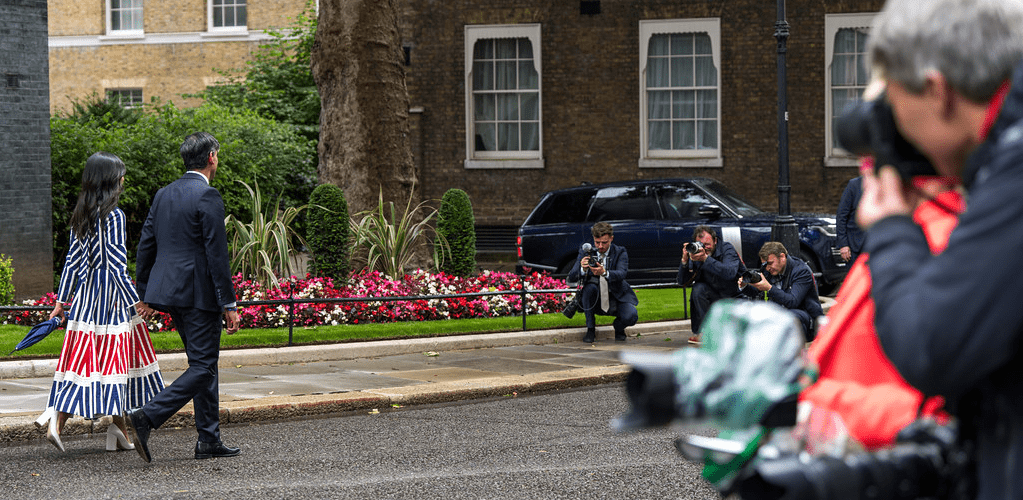
Long-Read
— Brexit, barely discussed during the general election campaign yet ever-present, catalysed the Tory downfall, culminating in a significant vote share drop. The new Labour government faces challenges, but now is a moment to celebrate the defeat of a damaging political ethos.

Long-Read
— The Brexit process caused significant shifts. Two recent announcements — one about a delayed Brexit-related import control, another on a potential EU-UK Youth Mobility Scheme — highlight the ongoing complexities and political strategies surrounding Brexit negotiations and their impacts.

Long-Read
— UK and EU leaders, including Gibraltar and Spain, report nearing a post-Brexit agreement for Gibraltar, dubbed the last major Brexit issue. Gibraltar’s complex status and its 96% EU support contrast starkly with broader UK sentiment.
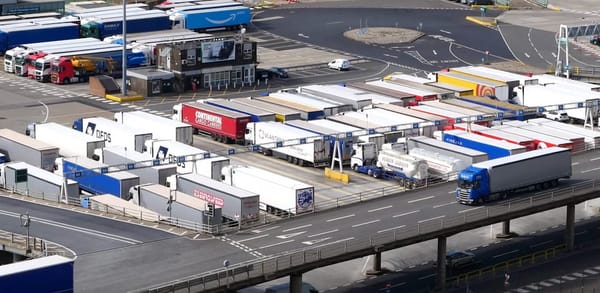
Long-Read
— The UK government’s new ‘common user charge’ on EU imports adds significant costs, affecting particularly small firms and highlighting the ongoing economic and political instability post-Brexit, with broader impacts on sectors like agriculture and financial services.
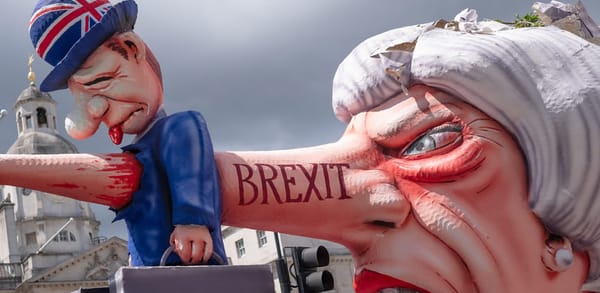
Long-Read
— Brexit was expected to end the blame on the EU and foster political accountability. Yet, Brexiters like Truss, Anderson, and Braverman shift blame to globalism and wokeism, fuelling radical Brexitism, seeking new targets, and desiring to “smash the system.”
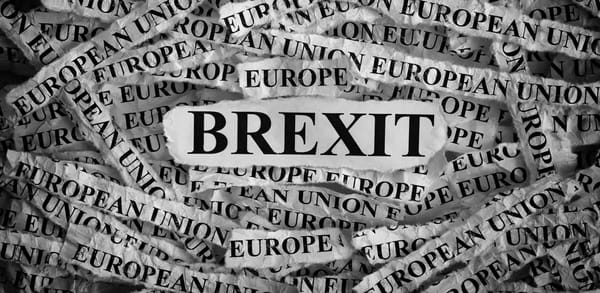
Long-Read
— Brexit’s repercussions on UK-EU ties, notably in defence, are evident amid recent events like Navalny’s death and Russian threats. Despite challenges, closer integration seems unavoidable, exposing Brexiters’ impractical expectations.

Long-Read
— Brexit fractures the UK’s geopolitical strategy, hindering cooperation with the EU on security. Amidst the Russian threat and potential European conflict, deeper UK-EU security ties are crucial for stability.

Long-Read
— Brexit’s promises prove illusory with issues like stalled UK-Canada trade talks and delayed import controls exposing failures. Changes in Northern Ireland reveal ongoing challenges, while public opinion increasingly sees Brexit as a failure, prompting calls for accountability.

Long-Read
— Brexit’s impact is complex and hard to disentangle from other factors. It hasn’t helped issues like medicine shortages, steel jobs, or environmental protection. Brexit promised concrete benefits, not just abstract ideas, and has failed to deliver.

Long-Read
— Last week’s focus on the Horizon Post Office scandal prompts reflection on the ongoing EU Settlement Scheme (EUSS) issues affecting EU citizens in the UK, revealing a systemic problem requiring attention.

Long-Read
— Brexit has not only failed to deliver on its promise of reducing immigration and controlling borders, it has also made the immigration issue worse and more difficult to manage. The government’s chaotic and ineffective immigration policies, such as the Rwanda policy, have only added to the problem.
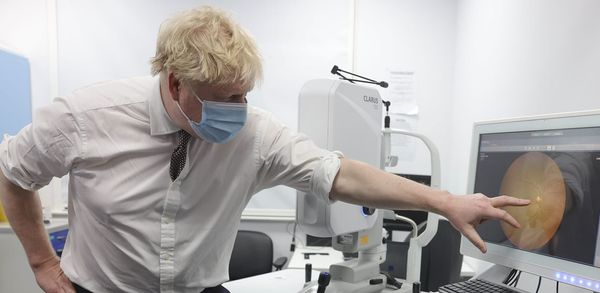
Long-Read
— The Hallett Inquiry into the COVID-19 pandemic unveils dysfunction in the UK government, revealing intersections with Brexit. Testimonies depict Boris Johnson’s incompetence, a toxic culture, and how Brexit hampered pandemic planning.

Long-Read
— The influence of Brexit on the Conservative Party has bolstered populism and pushed the party further from moderate conservatism towards the influence of Nigel Farage, which is characterised by detachment from reality and ideological purity.
|
|